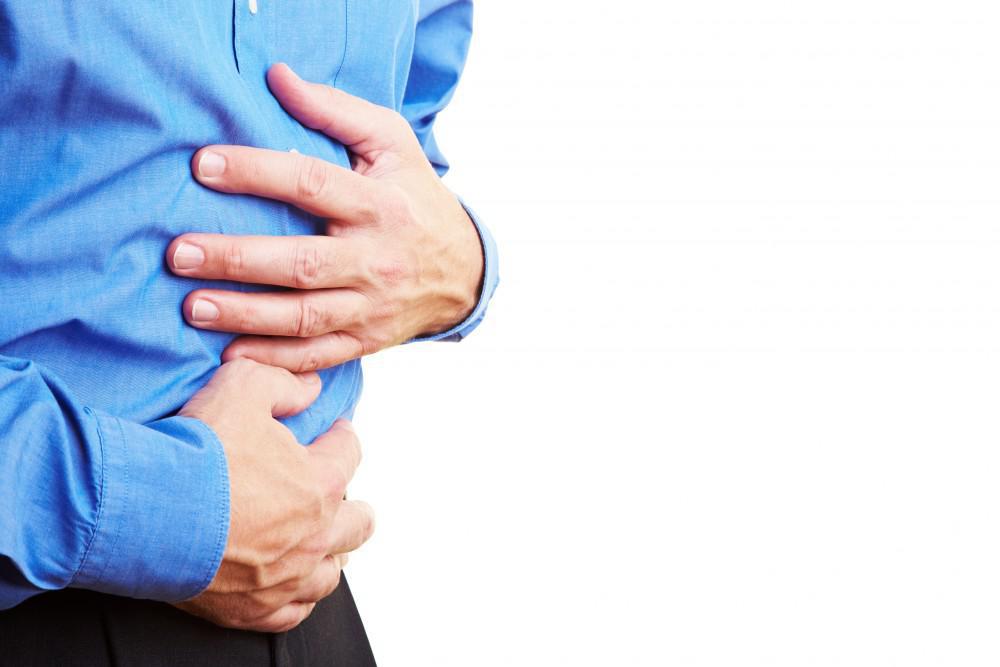
A hernia is a bulge or lump that results from a weak spot in a muscle or tissue. An organ pushes through the weakened area, causing discomfort and potential complications. Hernias occur in your abdomen, groin, belly button, or chest — they may even appear in your thigh.
Usually a hernia doesn’t hurt, but you will notice a lump. This is a good indication you have a hernia.
Hernias don’t discriminate. They can show up in women, men, babies, and children.
People who are overweight, regularly lift weights, strain when using the restroom, or have a persistent, nagging cough are at particular risk. At Trinity Bariatric Institute, we can help you manage a hernia, and Dr. Dyslin offers surgery when necessary.
Look for these symptoms of a hernia to prevent serious complications.
Bulge that grows over time
Think of a hernia like a bulge in a tire. It pushes through the supporting muscular structure to create a noticeable lump. It may look small and barely noticeable at first. Often, you can push it back into place when it’s small. But with time, the bulge grows. It becomes more noticeable when you stand up.
The size of your hernia may also increase when you do something strenuous. The lump may be most obvious when you laugh, cough, or strain while lifting a heavy object, such as weights at the gym or moving furniture.
Pain around the bulge
You may feel pain in the area before detecting the lump. Or, the lump will ache, but not be tender to the touch. Over time, you may notice that the bulge prevents you from doing certain activities. It can cause burning pain.
Inguinal hernia symptoms
An inguinal hernia occurs in the abdomen, but very near the groin. You may notice a bulge on either side of your pubic bone. Your groin may feel heavy and weak. Men may experience pain and swelling around the testicles when the intestine descends into the scrotum.
Hiatal hernia symptoms
A hiatal hernia occurs when part of your stomach pushes through a weakness in your diaphragm into your chest. Instead of a bulge, you get heartburn, chest pain, and symptoms like gastroesophageal reflux disease (GERD), which include a sour taste in your mouth and difficulty swallowing.
Complications of a hernia
Untreated hernias may continue to grow and result in greater pain. You may also experience swelling and pain in surrounding areas as the hernia puts too much pressure on nearby tissue. A hernia can even pinch a nearby nerve.
Symptoms of a serious complication
It’s possible for a hernia to become strangulated, when a muscle closes the hole as your intestine pushes through. That makes the lump feel tender, and it may darken, too. A strangulated hernia, often a life-threatening medical issue, can cause severe symptoms including:
Serious belly pain
Nausea
Vomiting
Fever
If you suspect you have a hernia, don’t ignore it. At Trinity Bariatric Institute, we can help. We diagnose a hernia during a physical exam or with imaging tests, as in the case of a hiatal hernia. Dr. Dyslin will then offer the best treatment plan for your condition. Call the office or schedule a consultation online to have your suspected hernia evaluated today.
